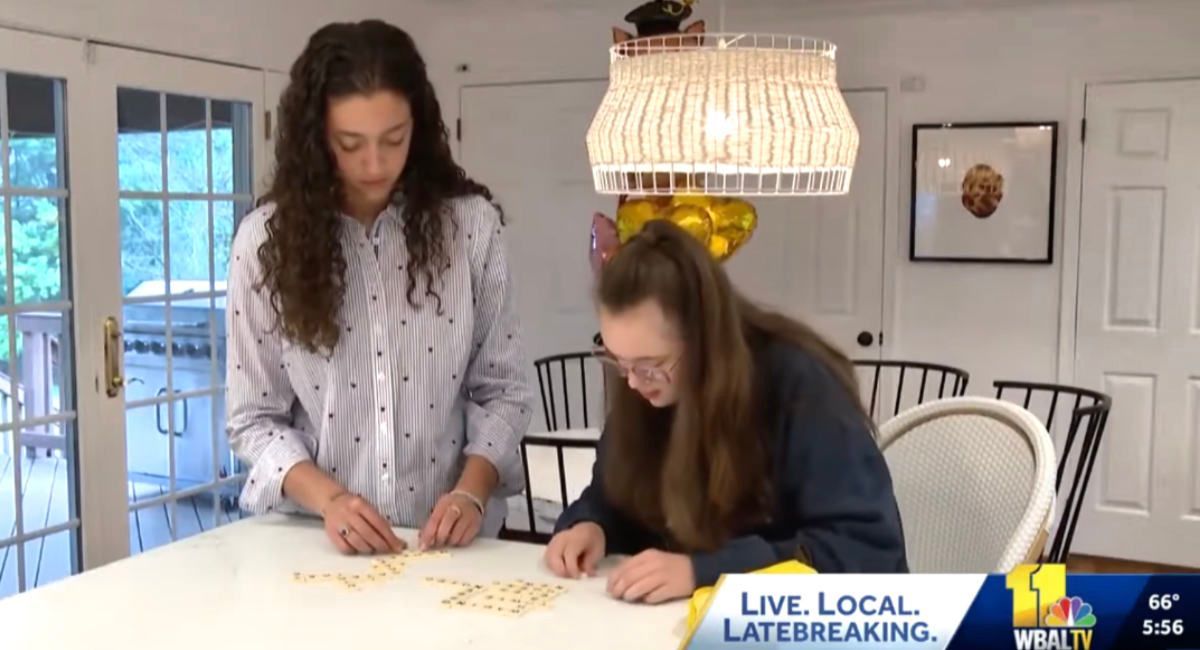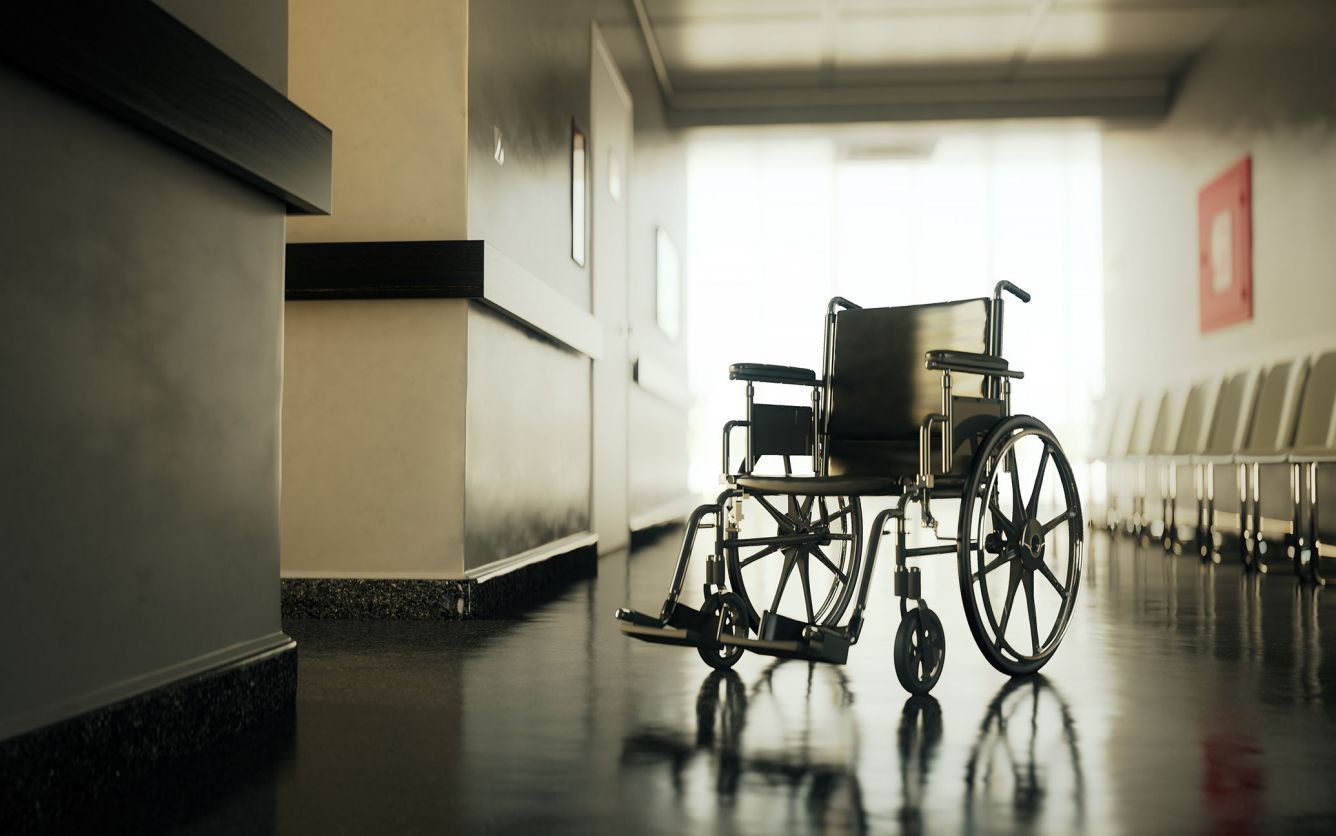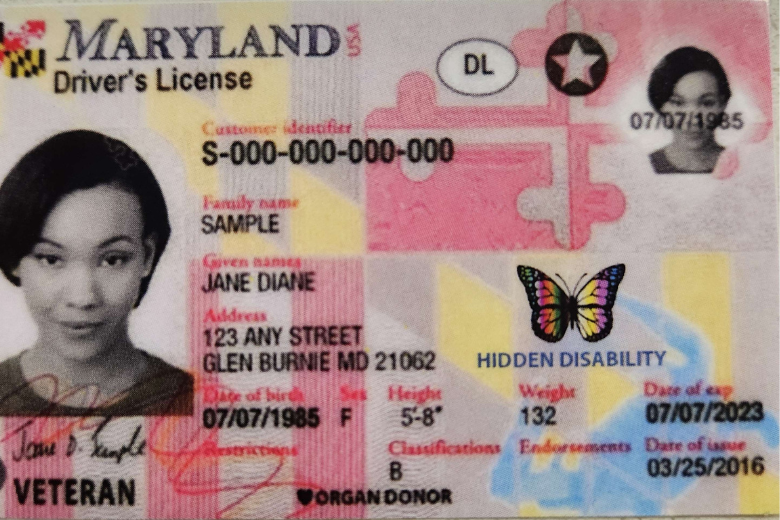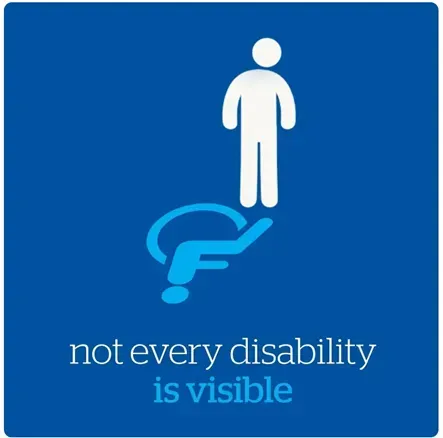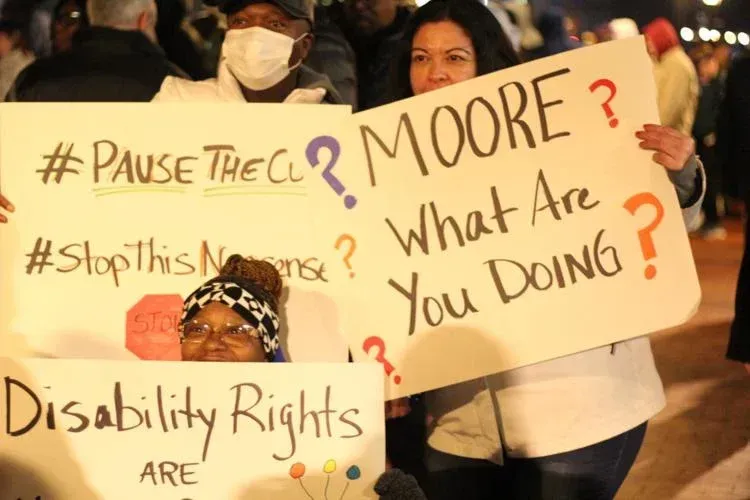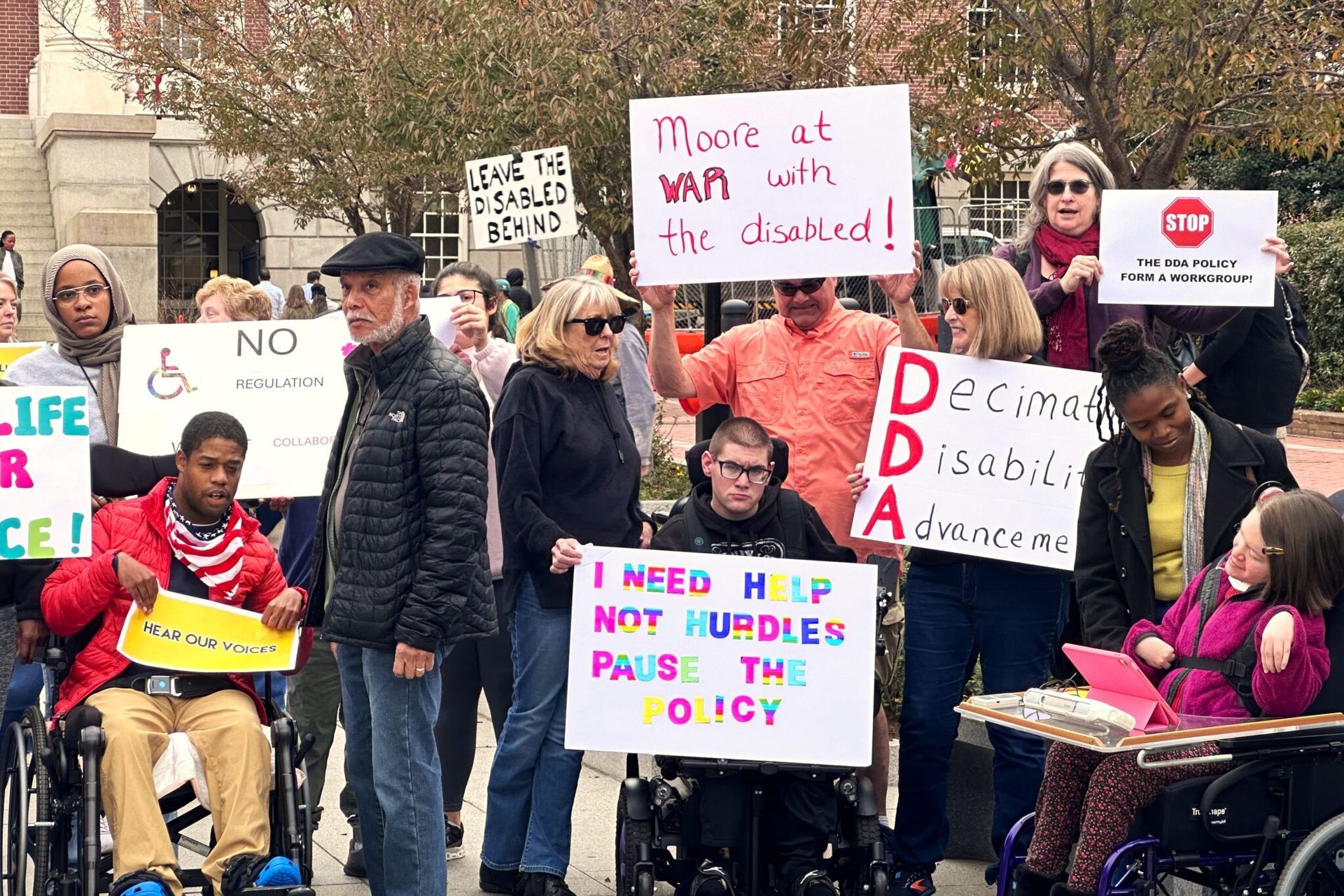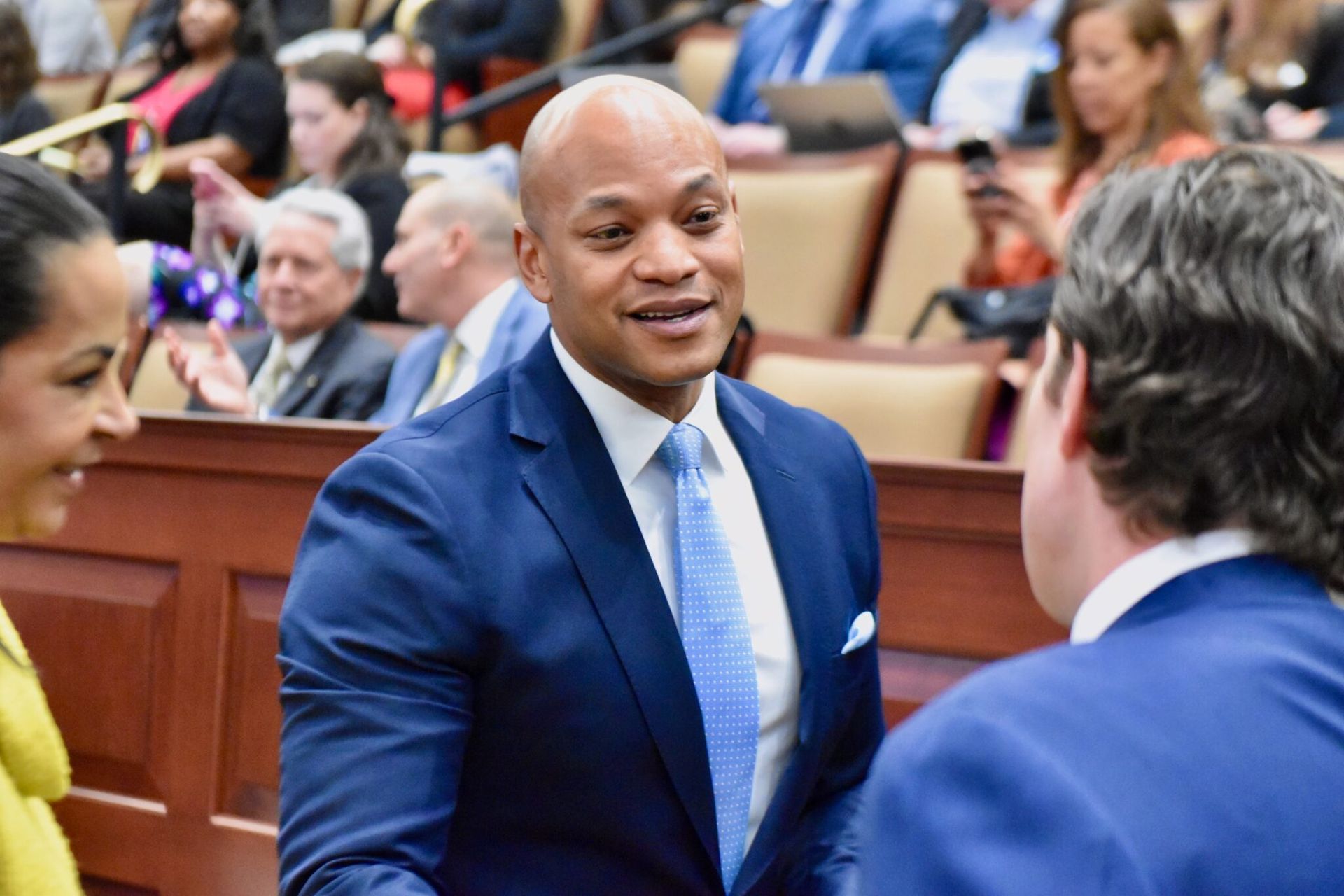Teen With Down Syndrome Is CEO Of Ice Cream Truck
BIRMINGHAM, Ala. — At the 50th annual convention of the International Association of Ice Cream Distributors and Vendors last November, Hunter Norwood caused a stir as guest of honor. His suit couldn’t have been more perfect for the occasion: a bright turquoise jacket and shorts, with a matching tie, covered in an ice cream print.
His mom, Michelle Norwood, found the “infamous ice cream suit” online for him to wear to Las Vegas for the convention, where the crowd went wild. “He was like Elvis,” she says.
Back at home, he’s something of a rock star in his own right. He is the CEO of A Little Something Extra, an ice cream truck based in rural Dawson, Ala. — “the first ice cream truck of its kind in America,” Michelle says, which explains the suit and his presence at the convention, which was “one of the best experiences” in a life filled with wonderful experiences.
As CEO, Hunter, who has Down syndrome, oversees a team of “ice cream experts,” all of whom have exceptionalities.
At 19 years old, Hunter is at the center of a loving family which includes his mom; his dad, Anthony; an older sister, Hope, 22; and a younger brother, Brodie, 14.
Both of his parents grew up in Dekalb County, attending rival high schools, Crossville and Geraldine. When Hope was 21 months old, the couple had a second daughter, Victoria, who was born with a heart defect. She passed away just six days later, on the morning she was supposed to be flown to Boston for treatment. The family still celebrates Tori’s too-short life.
Thirteen months after Tori’s death, Hunter was born. “I was in a season of life where I thought maybe God was mad at me,” Michelle admits. “That couldn’t have been further from the truth. He gave us an extra blessing with Hunter.”
Hunter, who graduated from Geraldine High School in May, is “a whole lot of personality,” his mom says. He’s “very tech-minded” and has managed to hack into her Amazon and PayPal accounts. He also has a dry sense of humor and “keeps people laughing,” she says. “He’s a great guy.”
Michelle even changed careers because of Hunter. A business major in college, she says her first individualized education program (IEP) meeting for him “was not a pleasant experience.” Wanting to educate herself on his behalf, she went back to school, earning a master’s degree in collaborative education, an education specialist degree and a second master’s in instructional leadership.
“All of that just to sell ice cream,” she says with a laugh. In addition to helping her husband and son operate the food truck business, she teaches special education.
‘Your heart melts’
Because the Norwoods live in such a rural community, there aren’t a lot of opportunities for people like Hunter, says Michelle. She used to worry that he “would never experience things that bring gratification, such as a paycheck and a job title.” At the school where she teaches, she and her students ran a snack bar where the kids were responsible for stocking the shelves and counting money. She thought to herself: “I need something like this for my son.”
When she was a child growing up in the country, Michelle dreamed about ice cream trucks. But she never actually patronized one until 2017, when she visited her sister in Memphis. She started dreaming about them again, only this time with the goal of owning one to employ Hunter and others with disabilities.
After months of research and writing down the ideas that came to her at 2 a.m., “Everything came together,” she says, “from the freezer to the ice cream distributor to the truck.” The name of the business, A Little Something Extra, refers to the extra chromosome that causes Down syndrome.
The ice cream truck was launched in August of 2018. From March through October, it travels to businesses, nursing homes, schools, golf tournaments, birthday parties and other special events. The employees, identified on their name tags as “ice cream experts,” sell 22 pre-packaged frozen items like fudge bars, ice cream sandwiches and orange dreamsicles.
“The whole goal is to give them an opportunity to socialize, be seen and valued,” says Michelle. “I want the ice cream truck to be a tool for advocacy and awareness.”
Over the past two years, two dozen young people have trained to work on the ice cream truck. “I had high expectations, but each worker has come in and blown me away with their ability,” Michelle says. “It really has been amazing.”
After all, everyone loves ice cream. And Michelle has noticed that “there’s something about ice cream when it’s served by our ice cream experts. You might get a brain freeze, but your heart melts. It has restored my faith in humanity.”
‘So much more to offer’
When Hunter was born, his mom says, doctors tended to focus on his disabilities. “People didn’t look at my son and see a baby. They saw a baby with Down syndrome. But he has so many other wonderful qualities.”
Last year, she had the idea to write a book about her special son, “to pave the way for others to see that our life is so much better because we have Hunter.”
The title, “Stars in My Eyes,” refers to the Brushfield spots, or “stars” that are often present in the eyes of people with Down syndrome. “The stars are there to remind us of their purpose and ability,” she says.
Throughout the book, Michelle documents some of the major events in Hunter’s life, including the time in 2015 when he ran the final play and scored a touchdown in a football game, making headlines. She even immortalized the ice cream suit he wore to the convention, then to the Tim Tebow prom in Scottsboro in February of this year.
At the end of the book, readers are introduced to 10 of the experts who work on the ice cream truck. Each one includes a bio and their paintings of Van Gogh’s “Starry Night.”
The first shipment of the books arrived on Michelle’s birthday, Aug. 19 — “an amazing gift,” she says. Among its fans are a local parent group in Huntsville, BUDS (which stands for “Bringing Up Down Syndrome”), which purchased books to go into a packet for new parents. “It’s an absolute dream come true to think new parents will get to see this,” she says.
Michelle has already written another book, inspired by a talk she gave to elementary-school students in February. While telling them about Hunter, she described his Down syndrome characteristics as “superpowers.” Thinking of it that way, she says, “could change their whole view of the world.”
She hopes that the same thing is happening with the ice cream truck, which she likes to say is “changing the world, one ice cream at a time.”
Over the summer, she spoke at Auburn University, where the two-year EAGLES transitional program was established in 2018 for students with intellectual disabilities. If everything goes as planned, she says, A Little Something Extra will be selling ice cream on campus next fall and offering scholarships for employees to attend the program.
In addition to being the CEO of the ice cream truck (where he frequently finds a reason to “fire” his parents), Hunter is currently in the Year 13 program at his high school, where he is “a self-proclaimed teacher’s helper,” Michelle says.
For years, Hunter has said he wanted to go to Auburn, where his sister Hope is a student. One day, maybe he’ll be a big man on campus there through the EAGLES program. Whether that happens or not, “Hunter has so much more to offer the world than just sitting at home,” says his mom. She’s making sure of it.
© 2020 Alabama Media Group
Distributed by Tribune Content Agency, LLC

